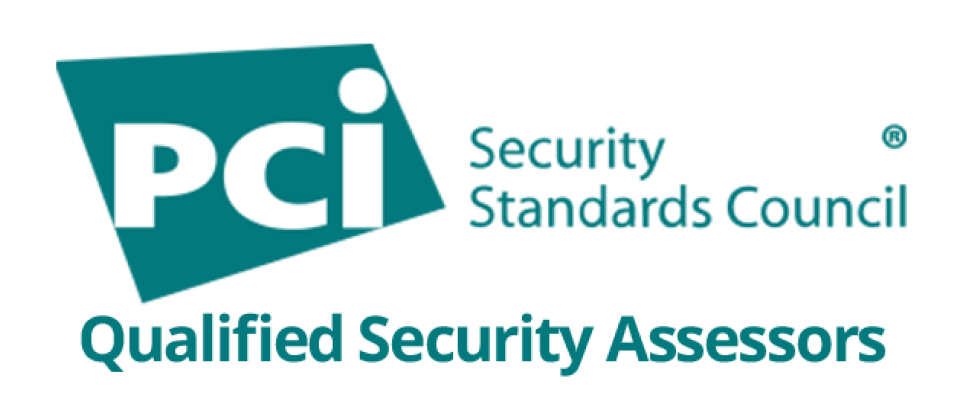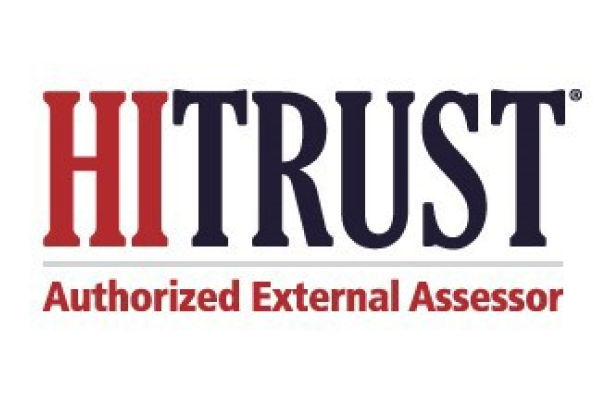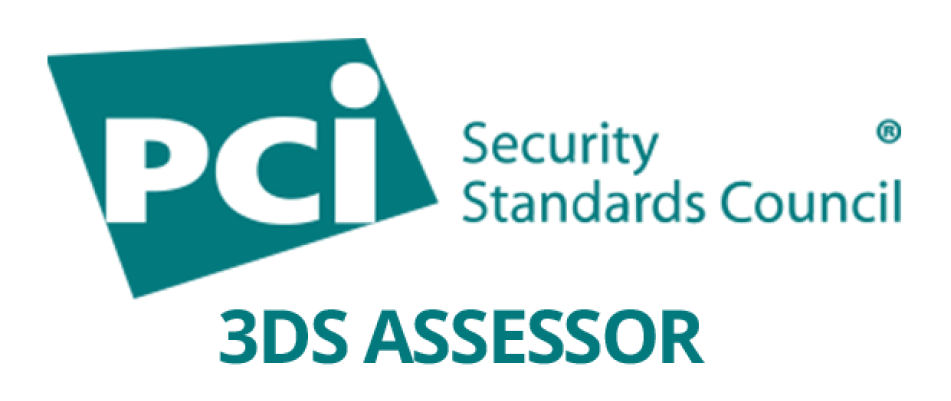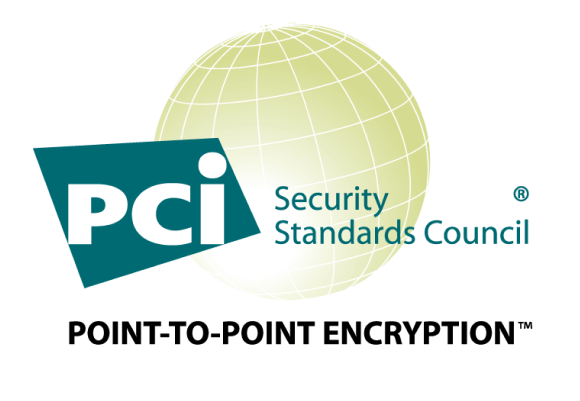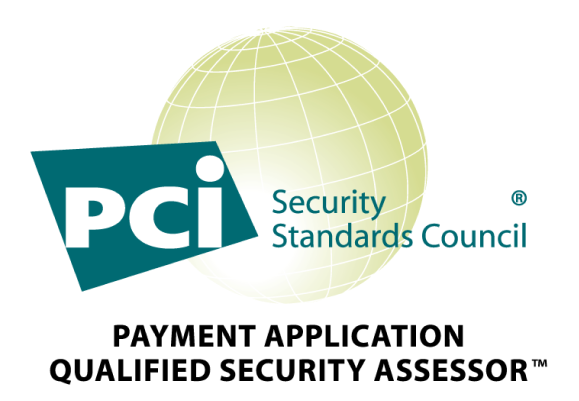Identify key actions to control social engineering risks with MegaplanIT’s insights. After testing, we provide clear recommendations to enhance awareness, policies, and training, helping you strengthen defenses against human-based threats.
Social Engineering Penetration Testing
Social Engineering Penetration Testing: “Social engineers” are cyber criminals that use psychological manipulation to gain access to protected information. Our experts use simulated attacks to determine your organization’s current state of readiness for social threats.
Identify and Eliminate Human Risk in Your Security
“Social engineers” employ a wide range of psychological manipulation tactics to gain access to protected information or systems. Most people have a variety of “human elements” that can easily be preyed upon by cyber criminals—including kindness, empathy, and a desire to be helpful—to obtain access to your critical assets and data.
OUR APPROACH
To prepare your users for social threats, proper training is essential. Our social engineering assessment provides a baseline for companies who want to understand their current state of readiness and potential vulnerabilities when it comes to detecting and eliminating social engineering threats. Contact MegaplanIT today to schedule your assessment and strengthen your defenses.
What’s Covered in Our Comprehensive Assessment
Types of Social Engineering Ruses
MegaplanIT’s penetration testing specialists use targeted social engineering tactics to identify your organization’s weak points and highlight opportunities to “shut the door” on social scammers.

E-Mail / Text
Email Phishing is a scam intended to steal credentials, such as usernames and passwords. Smishing has the same goal, but it is run through SMS (texting) technology.

Phone Pre-Texting
MegaplanIT will test how your employees handle a telephone call from a “social engineer” trying to obtain unauthorized information.

Physical Intrusions
Social engineers may pretend to be a service technician to obtain access to your servers. MegaplanIT works to identify high-risk areas and test all security options.

Employee Awareness
A Social Engineering Assessment will direct the focus of your ongoing security awareness training program to the departments that pose the greatest risk.

Improved Policies & Controls
MegaplanIT will review your current IT security policies and technical controls to determine if any areas provide opportunities for social engineers, such as a lack of ID authentication.

Reduced Risk System-Wide
After the technical control assessment, MegaplanIT will provide detailed remediation options to resolve all documented network vulnerabilities.
Key Benefits
Mitigate Human Risk with Targeted Social Engineering Insights
Determine your organization’s state of readiness
Assess how well your employees recognize and respond to social engineering tactics. This testing provides valuable insight into human vulnerabilities, helping you identify training gaps, improve awareness, and build a stronger front line of defense against cyber threats.
Simulate real-world social engineering attacks
Simulate real-world attack scenarios to test your organization’s resilience against manipulation-based threats. From phishing emails to phone-based pretexting and physical intrusion attempts, our controlled simulations mimic the tactics used by real attackers, revealing how employees respond under pressure.
Identify next steps to control social engineering risk

Make Our Team, Your Team!
Our innovative IT security and compliance solutions are designed to deliver customized, cost-effective service on time—because your priorities are our priorities. With a highly qualified team of PCI DSS QSAs, Penetration Testers, and Information Security Consultants here at MegaplanIT, we will assess your unique company and business environment and design a path to security that will fit all of your needs.
















